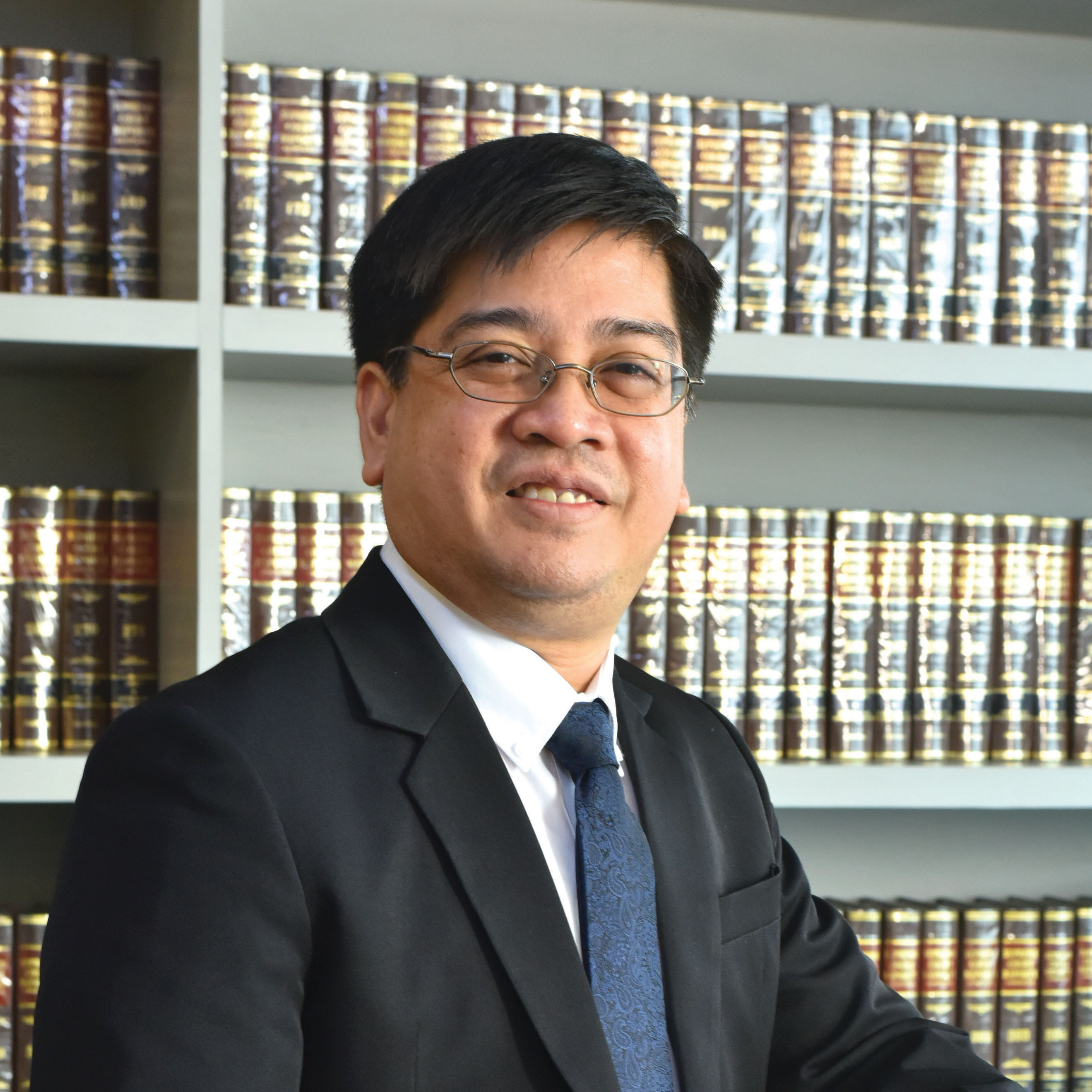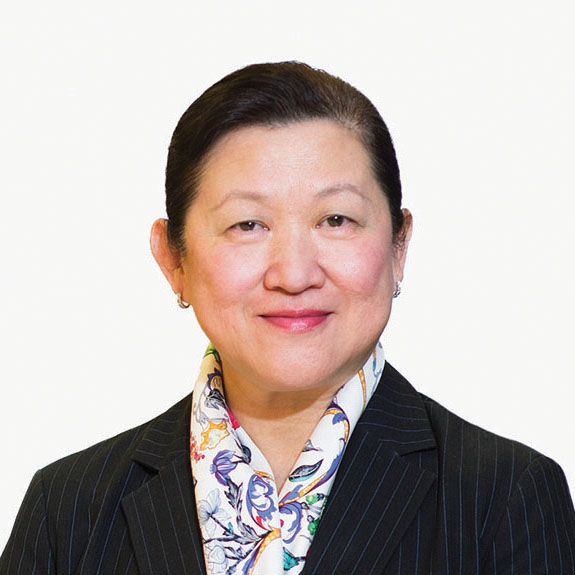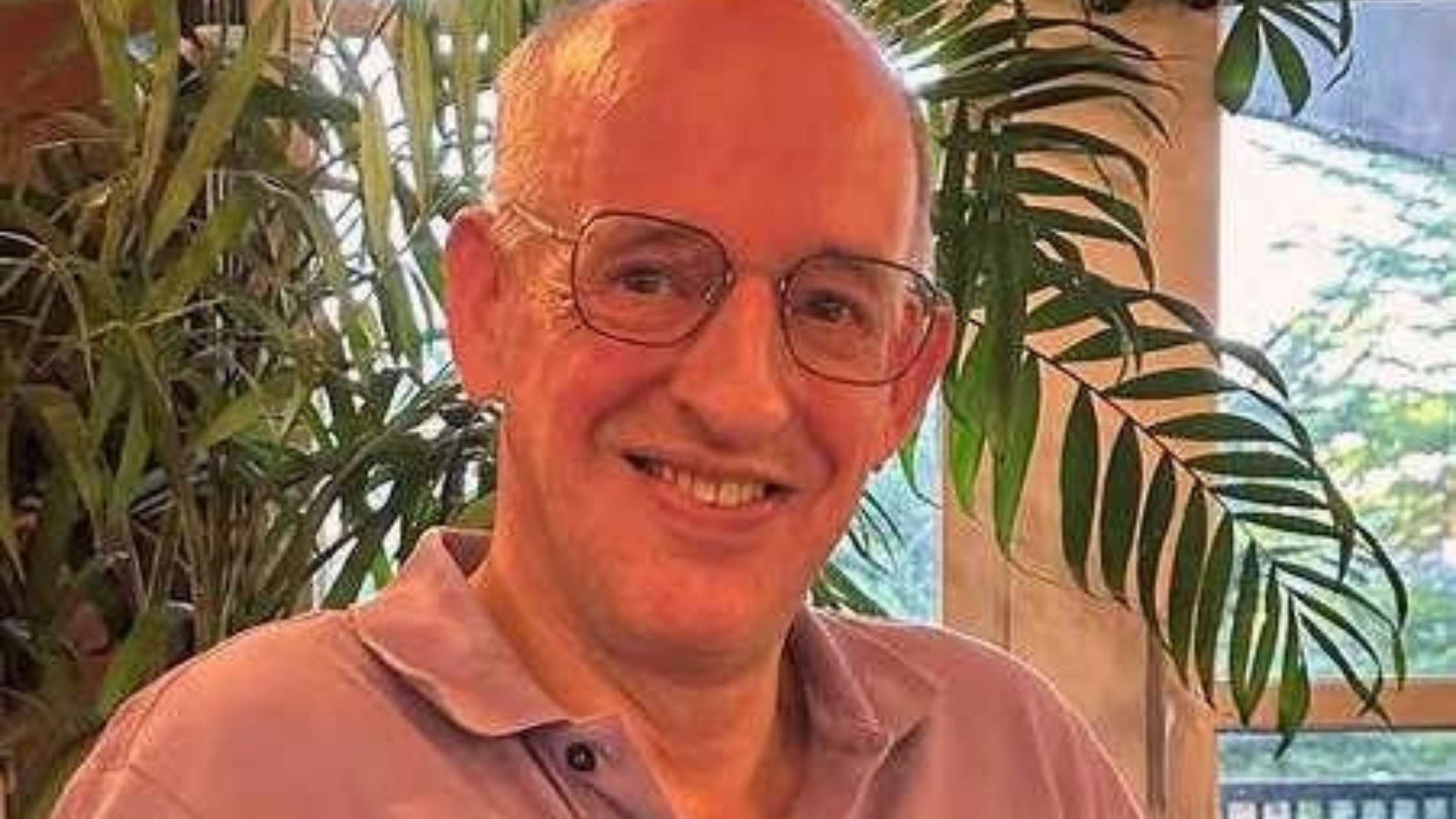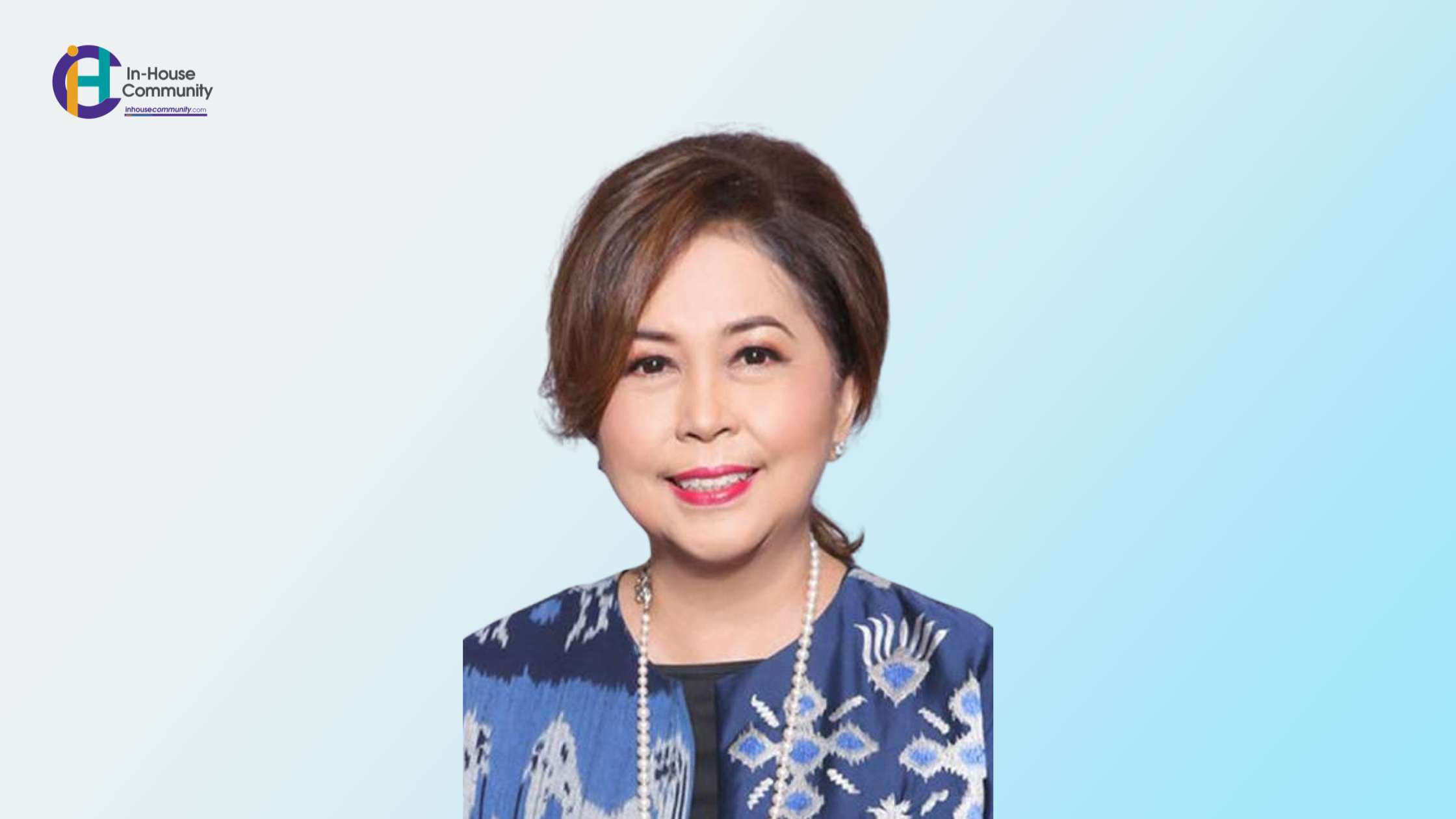It was once thought that a move in-house from private practice was a journey down a one-way street, but there has been a noticeable increase in those travelling in the opposite direction during the past few years. What is more, these days, some of those moving to private practice have actually been in-house for their whole careers. In-House Community director Tim Gilkison spoke to three Asia-based lawyers about their return to private practice, and how to make a successful transition.
“My time in-house was great and I really feel it enriched my experience as a lawyer,” says David Lawrence, a partner at Thai firm Pisut & Partners. So why, after just a few years in-house, did he return to private practice?

David Lawrence
Partner, Pisut & Partners
“The initial project I was headhunted to undertake was the perfect fit for my skill set, and the compensation package was attractive. Whilst at Sri Trang Agro-Industry, the two major projects I worked on were separating from a long-term joint venture partner and subsequently supporting the rapid global expansion of the medical devices business. As our joint venture partner was responsible for all regulatory affairs, I was able to build that team from the ground up. [But] eventually, I saw that my opportunities to add significant value to the business were becoming fewer and further between, and I also missed the pace, challenge and diversity of problems you face in private practice.”
When Danny Bunyi joined Divina Law in Manila, where he is a senior partner, it was after almost 30 years as in-house counsel with several major domestic and foreign banks: “What originally attracted me to be an in-house counsel was the predictability of the working hours and the regularity of the compensation. [Eventually] I realised that the knowledge, experience and insights I had gained as an in-house lawyer could be of considerable value to entities other than my corporate employer, and I felt that I needed more leeway to be able to share my expertise to a wider clientele, and in a working environment conducive to such sharing. I had also established a rather wide network of contacts which I knew [could be] potential clients.”
For Michelle Gon, a partner at McDermott Will & Emery based in Shanghai, the move back to private practice was also a move back across the world: “From 1986, I had been in-house with McDonald’s international legal department headquartered in Illinois in the US, but in 1989 I was invited by Baker & McKenzie [now Baker McKenzie] Taipei to join the firm as a senior associate. I had lived in US for about 10 years and decided to return to the Far East due to the anticipated economic growth in Asia.”
Gon would return for another stint in-house when invited to join Semiconductor Manufacturing International Corporation headquartered in Shanghai as its chief legal officer in 2002, but she rejoined Bakers in Shanghai in late 2005. “After working in-house again for a few years, I decided to return to private practice for its flexibility.”

Danny Bunyi
Senior partner, Divina Law
So what are the keys to a successful move from in-house to private practice? Well, it helps to keep in touch with the wider legal community while you’re in-house. “I have been overwhelmed by the amount of support I received from my contacts, colleagues and former clients,” says Lawrence. “Had I let my network degrade and connections become distant, I don’t think the transition would have been quite as smooth, and I would have been a significant financial drag on my partners. In-house lawyers don’t have a book so you better have a network.”
Letting your clients know you have stood in their shoes can also be an asset when returning to a law firm. “The experience gained in-house may be very helpful in attracting corporate clients,” says Gon. “In-house counsel generally feel more comfortable dealing with someone who also has in-house experience.”
For Bunyi, the key to the transition is to remember that “since you are now an external counsel, your main role is to support the in-house counsel”, and considering the many external lawyers that an in-house counsel can choose from “they will go to you not just because they are satisfied with the soundness or comprehensiveness of the legal work you provide, but also with your level of responsiveness in servicing their needs”.
So does in-house experience really improve you as an external counsel?
“During my time in-house, I became extremely close to our sales and marketing teams, while working closely with top management,” says Lawrence. “When I needed something, these were the people I had to convince, and they needed me to speak in commercial terms. I think this made me a better external counsel because I can draft proposals that help my counterpart on the inside get the resources they need. I also know what it’s like to need an answer but not always have the budget or willingness to go through the engagement process to pay to receive it, so I take a longer-term view of my corporate clients rather than being too focused on maximising profitability for each individual matter.”
Bunyi adds: “What I was able to bring from my corporate experience was knowing what an in-house counsel client is looking for in a good external counsel, understanding the dynamics of the relationship of the in-house counsel with senior management and the board of directors, and successfully striking the balance to provide sufficient legal protection to the corporation without unnecessarily stifling its business. Armed with this insight and experience, I am a better external counsel, as my … services can be more holistic in meeting, and often exceeding the needs of not just the in-house counsel but of his or her institution as well.”

Michelle Gon
Partner, McDermott Will & Emery
Gon concurs: “An experienced in-house counsel knows the needs of their company and he or she has to be a team player in assisting in the company’s growth. When I was in-house, I treated my colleagues as my clients, and my team and I provided timely assistance to them. I now naturally understand more about the needs of [the firm’s] clients. In that way, an external attorney with in-house experience will likely be more practical and have a wider focus on their clients’ needs.”
Given their experience, what would these former in-house counsel like to see change, if anything, about the way law firms generally operate? According to Gon, it’s important to develop a “longer-term relationship” with clients: “Do not overdo a simple matter simply because the firm is not very busy, and do not underestimate the needs of the client simply because it entrusts you with a smaller matter during a period when your own schedule is hectic.”
“I would not necessarily change the structure or operations of a law firm, as these are usually based on the individual firm’s experience, culture and clientele,” says Bunyi, “but [it’s important to] put in place protocols and procedures to ensure we communicate to our clients the value of our relationship with them — simple things such as ensuring emails and SMS messages are properly replied to, or being committed to deadlines, etc.”
What aspects of being in-house do our lawyers miss? Universally, they were happy with the lack of timesheets and need to chase client payments. “I also miss the depth of business knowledge we rarely get as external counsel,” says Lawrence. “In-house counsel are truly inside the business. Sometimes fascinating, often frustrating but always eye-opening.”
However, he is happy to leave behind the experience of being a cost centre. “In-house teams are viewed by management on a spectrum from ‘pure cost’ through ‘value add’ to ‘strategic asset’ — working in a low-margin, mature and competitive industry pushed me a bit further to the ‘pure cost’ end of the spectrum than where I was used to or comfortable being placed in the eyes of management.”
Bunyi says he misses the regular working hours, “but I was happy to leave behind the more rigid corporate structure and limited earning capacity”.
With the in-house role evolving and the changing relationship between in-house and external counsel, is moving from one to the other getting easier or more difficult? Lawrence says: “In-house lawyers now have so many tools at their disposal that sometimes obviate the need for external counsel. But in nearly all cases their reliance on external counsel for information is reduced and they come into discussions well-informed with pointed questions external counsel need to be prepared to answer. So rather than a question of fluidity, I think that in-house counsel are necessarily expanding their roles, not only because of new tools, but also because of downward pressures on external legal spend. I try to position myself to be viewed as a part of the team, helping the in-house team to be responsive to internal needs and deadlines, without them having to rework our work product to present to their businesses.”
In Bunyi’s experience, “over the last decade I have seen more private practitioners, especially those in the 30-40 years age range, moving to corporate practice and very few in-house lawyers moving to private practice. I believe it is because most corporations, for cost-efficiency purposes, are now more inclined to handle their legal matters in-house. Likewise, with the advent of compliance and governance regulations, most in-house counsel have expanded roles,” and because of this “the services rendered by external counsel have become more and more critical for their in-house clients.”
“A proper in-house counsel position can offer very valuable experience,” concludes Gon. Bunyi adds: “I believe most private practice lawyers would benefit from some time as an in-house counsel, however short it may be, as it provides you with a better insight on how to meet the needs of in-house clients, and the interplay of law and business within a company.”
 Danny Bunyi
Senior partner, Divina Law
Bunyi is an In-House Community Commended External Counsel of the Year, 2019. His practice focuses on corporate and special projects, banking and finance, and trust banking and investment management. His professional background includes senior in-house roles at the Development Bank of the Philippines, Robinsons Bank, Standard Chartered and the Philippine Commercial International Bank. He has also lectured at the John Gokongwei School of Management, Ateneo de Manila University, and the Trust Institute Foundation of the Philippines.
|
 Michelle Gon
Partner, McDermott Will & Emery
Gon is a US-qualified partner with McDermott Will & Emery in the firm’s strategic alliance office, MWE China Law Offices, in Shanghai. Her practice focuses on compliance and regulatory matters, including anti-corruption, unfair competition, anti-monopoly, anti-fraud, and trade sanction representations. Prior to joining the firm, she was a principal at Baker & McKenzie Shanghai from 2005 to 2015. Her in-house experience includes senior roles at Semiconductor Manufacturing International (Shanghai) and McDonald’s. She lectures at the Tsing Hua University for its international EMBA programmes, including TIEMBA.
|
 David Lawrence
Partner, Pisut & Partners
Lawrence is a US-qualified lawyer who has been working in Thailand since 2010. He joined Pisut & Partners in January 2019, where he serves his corporate, SME and personal clients over a wide range of industries, regions and matters. He previously worked in a senior in-house role at Sri Trang Agro-Industry and, before that, was a senior consultant for Tilleke & Gibbins, where he focused on complex disputes and led the firm’s regional hotels and hospitality practice group. Prior to law school, he was a toxic gas research and development chemist at Matheson Tri-Gas, researching gas purification systems and materials for the semiconductor industry, and a research assistant at the US Environmental Protection Agency in Colorado.
|




















